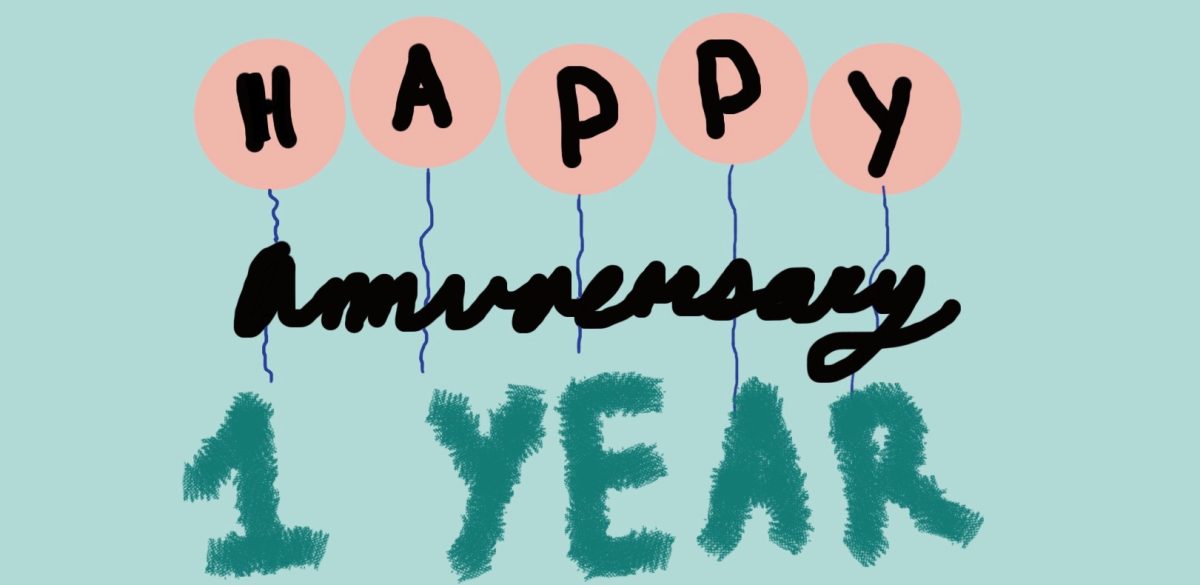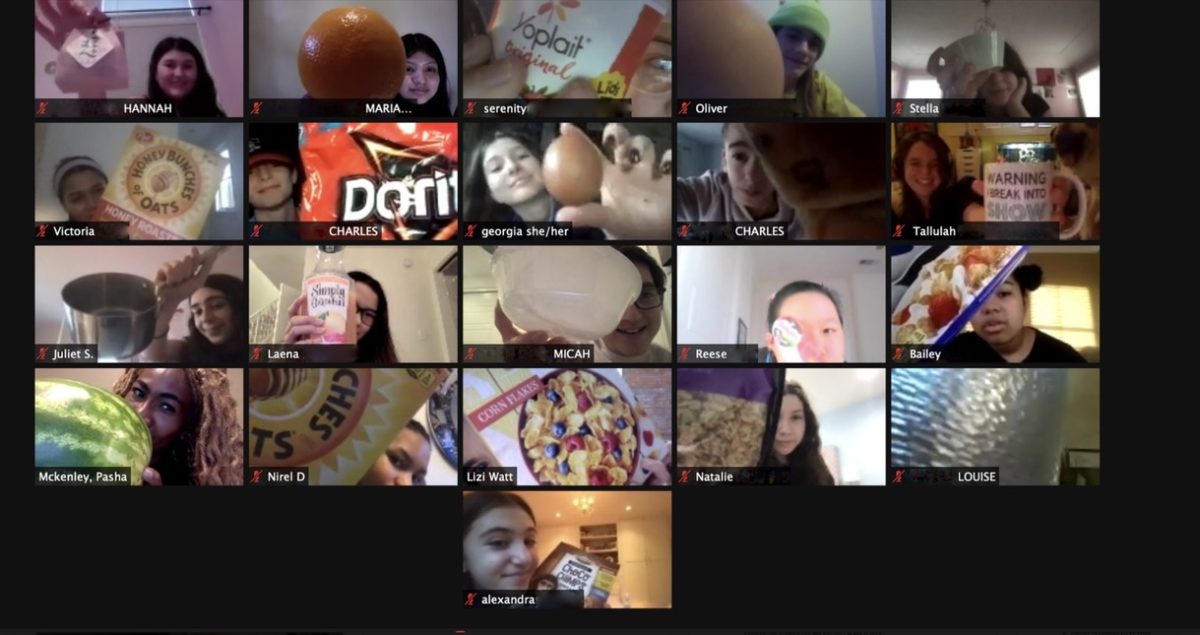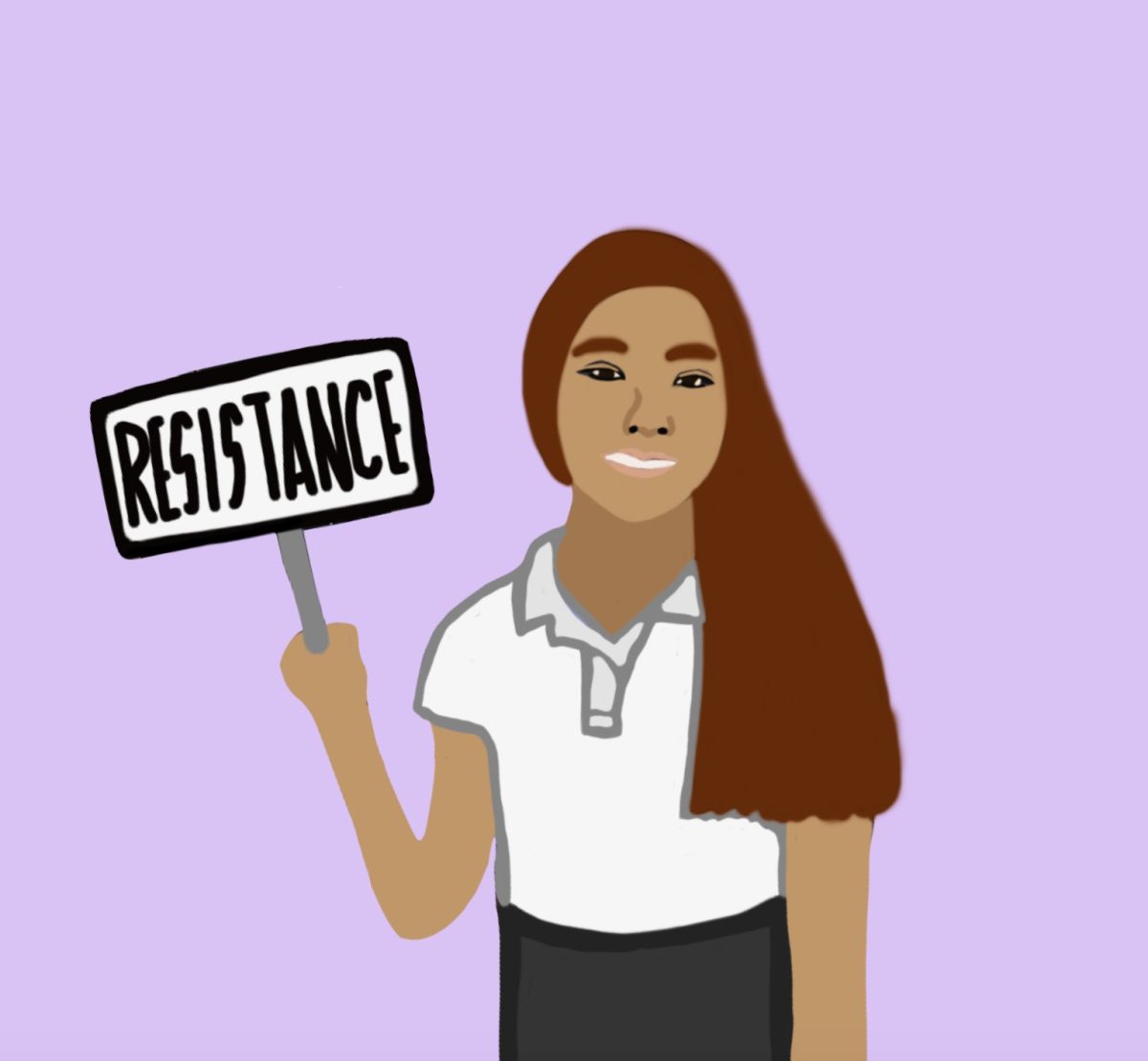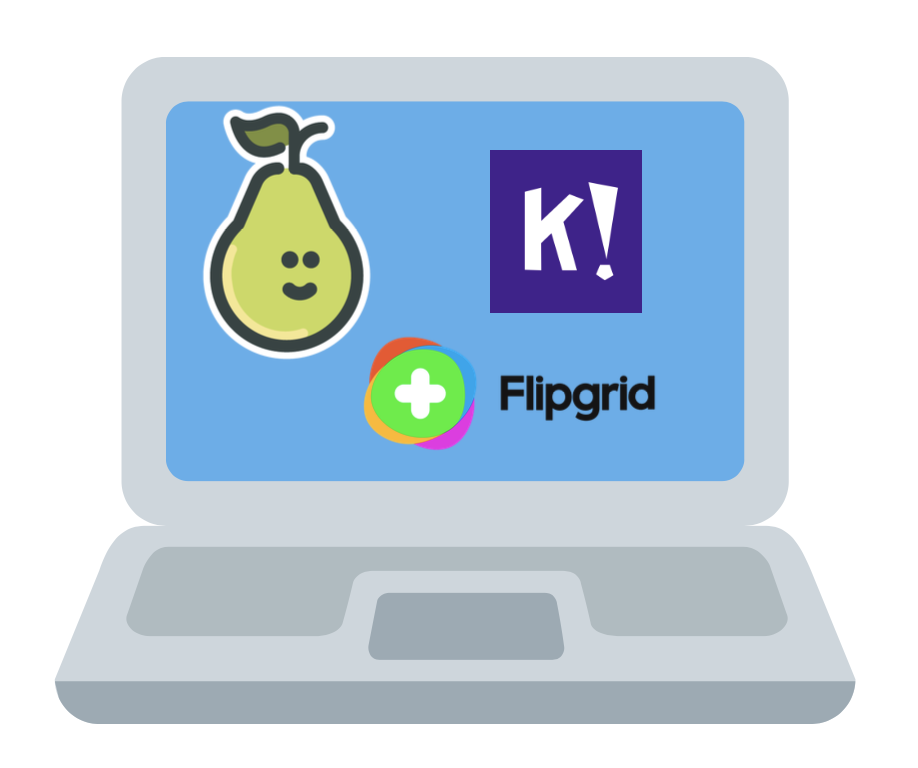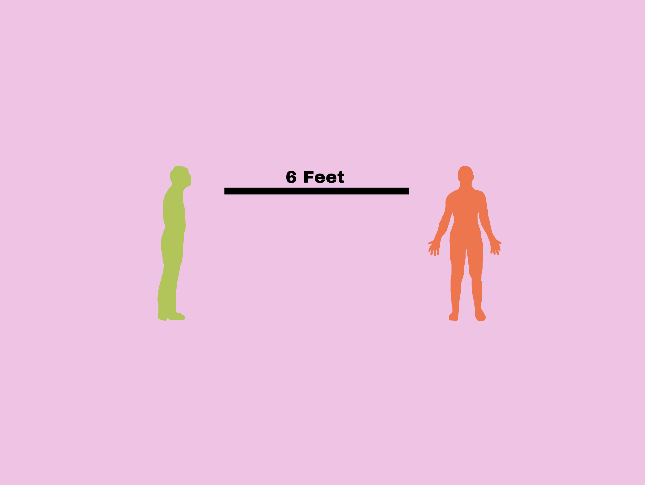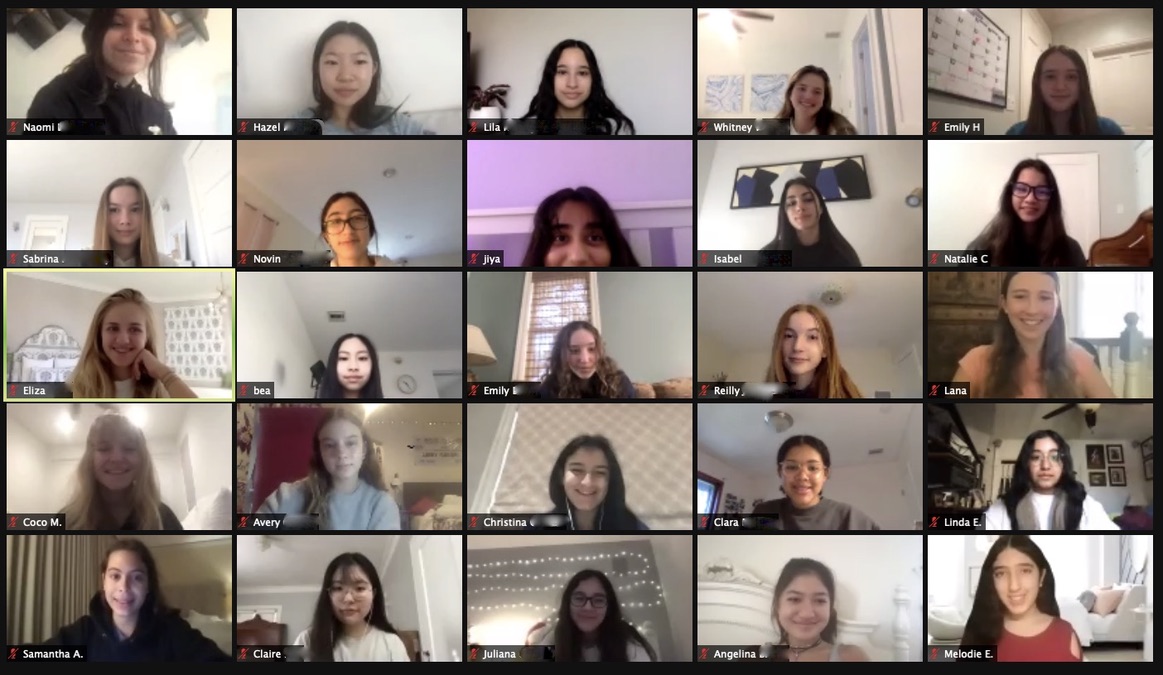
Q: What are the issues specific to teen girls that arise in quarantine situations?
A: I think it’s been challenging for all young people to be physically distant from friends and to move to distance learning during quarantine. For teen girls, in particular, I wonder how the increase in media intake and promotion of challenges to get fit influences body image. We have to remember that the reason for the quarantine is because of a global pandemic. While physical activity is beneficial to our wellbeing and some competition can inspire motivation, we don’t have to make up for what we ate or compare ourselves to others. Now is a time to practice body positivity by appreciating what makes you unique, and body neutrality by expressing gratitude for what your body does for you.
Q: What do you recommend for coping with feelings of isolation, loneliness, and depression that many of us are experiencing due to social distancing?
A: First, I think it’s important to acknowledge that there seems to be a universal experience of distress and sadness in response to the abrupt disruption to our lives. Young people are learning to navigate a situation that is uncertain, uncontrollable, and has no current end date. This is even separate from the additional pain that young people may be experiencing as they are affected by personal loss and/or are trying to understand the disparity amongst folks impacted by COVID-19. My recommendation for coping with these feelings is to develop a practice of being curious about your emotions. Try journaling, or mediating to better understand the emotion. Talk to someone about what you’re feeling — sometimes saying it out brings some clarity. If your emotions feel unbearable, or you’re concerned about your safety, please tell a parent or reach out to one of our school psychologists. We are happy to be a support and talk through whatever might be on your mind.
Q: How do you suggest students stay productive during quarantine?
A: Now that we have had some time in distance-learning, I would suggest reflecting on what has inspired you and what has been a barrier to taking action on goals. A routine can help us follow through on responsibilities and personal goals by adding some predictability to our day and minimizing the effort needed to make decisions. Keep in mind that it is not necessary to perfectly replicate the intensity of your schedule before, and this is a time when you might benefit from additional down time. Be patient with yourself as it takes time to adjust and find a flow with a new routine.
Q: Do you have any suggestions of coping mechanisms to manage stress and anxiety that are especially helpful to teens?
A: I do believe that maintaining a routine is helpful to manage stress. In addition, be aware of your sleep patterns. It’s fine if your sleep has shifted at this time, but you should still strive to establish a routine and get 8-10 hours of sleep. Movement is also important! It can be a walk, yoga, or Pilate’s with Ms. Rothschild, one of Coach Yocum’s workouts, or a favorite of your own. Finally, I recommend practicing mindfulness. Take full advantage of Wellness Wednesdays by dropping into Dr. Lowenstein’s Mindfulness Workshop and/or Ms. Beck’s Yoga Nidra. You might also practice mindfulness on your own or download an app to guide you like Smiling Mind, Headspace, or Calm.
Q: How can we help our friends and family deal with their own anxiety and/or loneliness?
A: Young people can care for their family and friends by demonstrating empathy, being generous with your time, and referring to additional support. First, validate the person’s experience as we are all, including parents, feeling distress and sadness in response to the abrupt disruption to our lives. If someone comes to you in distress, first ask if they just want someone to listen, or if they’d like help problem-solving. We don’t need to fix or get rid of emotions, sometimes the most helpful thing we can do is be generous with our time and spend it with someone who is feeling lonely. You might also recommend to them the Smiling Mind app. It is free and has a program called “Thrive Inside” designed specifically for quarantine. You might also offer to listen to it with them. Finally, remember that all though you can be empathetic and generous with your time, you are not entirely responsible for someone else’s mental health and they may benefit from working with a professional. You may always reach out to one of the school psychologists to talk more about getting your friend or family member connected to the right support.

